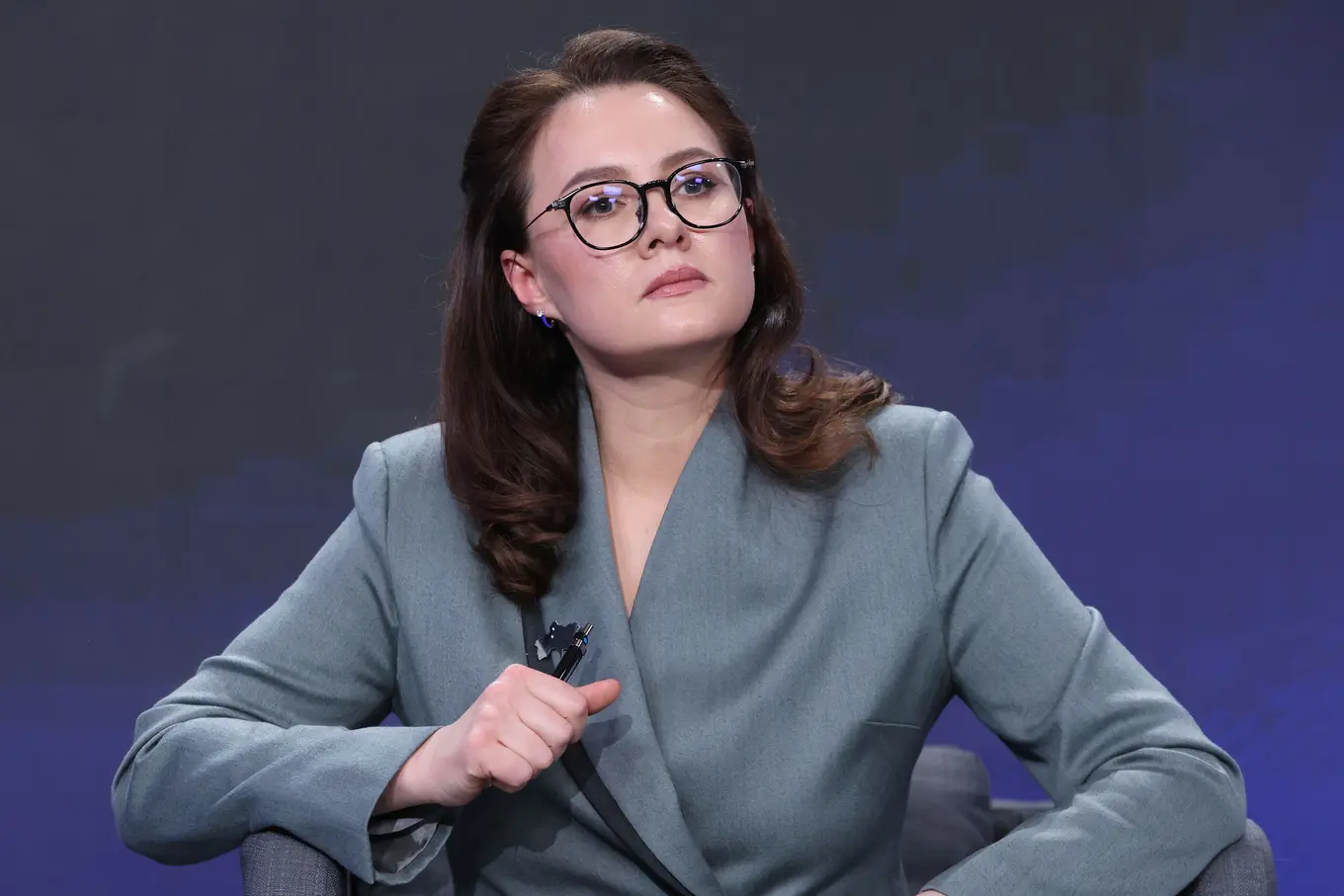President Volodymyr Zelensky has announced the largest government reshuffle since the start of the war. Officially, it is being presented as a “renewal” — a necessary step in a time when elections are suspended and public frustration is rising. But in reality, many see it as a continuation of political centralization, with the President’s Office — and especially his powerful chief of staff, Andriy Yermak — further tightening its grip on power.
Changing the Guard: Who’s Out, Who’s In
Amid an exhausting war and deepening corruption scandals — particularly in the defense sector — President Zelensky has initiated sweeping personnel changes in his cabinet. It’s the most significant reshuffle since Russia’s full-scale invasion in 2022. The key change: a new Prime Minister.
Current Economy Minister and First Deputy Prime Minister Yuliya Svyrydenko is set to replace Denys Shmyhal as head of government. Shmyhal, in office since 2020 and now the longest-serving prime minister in Ukraine’s history, is expected to take over the Defense Ministry. Defense Minister Rustem Umerov, in turn, is reportedly being considered for the post of Ukrainian ambassador to the United States.
This internal rotation means that no major figure is stepping away from the political stage — they are simply switching seats.
“We must implement everything that supports the stability of our state and society as quickly as possible,” Zelensky wrote when announcing the changes.
On the surface, it looks like a pragmatic move. But as NZZ notes, the shuffle largely involves trusted loyalists from within Zelensky’s inner circle, with no sign of new political forces. This has raised doubts that the so-called “renewal” is more than a cosmetic gesture.
Technocrat with Ties to Bankova: Why Svyrydenko Is the Choice
Yuliya Svyrydenko is no outsider. A former deputy chief of staff at the Presidential Office, and since 2021 the Minister of Economy, she is seen as a close ally of Andriy Yermak — arguably the most powerful figure in Ukraine’s current political system. Over the last three years, Yermak has transformed the President’s Office into the country’s dominant political institution.
Svyrydenko is regarded as a capable technocrat with a steady, diplomatic approach. She successfully led negotiations with the U.S. over a strategic raw materials agreement, earning praise from both sides. Her strong working relationship with U.S. Treasury Secretary Scott Bessent is especially important, given Kyiv’s need for financial and military support.
According to NZZ, the replacement of Ambassador Oksana Markarova — a diplomat seen as overly aligned with the Democratic Party — may be seen in Washington as a goodwill gesture toward Donald Trump’s administration. The timing is notable: Zelensky announced the reshuffle shortly after President Trump pledged the strongest U.S. military support for Ukraine yet during his term.
Critics Sound the Alarm: A Democracy at Risk?
Despite the appearance of reform, critics argue the reshuffle is less about updating the government and more about consolidating control. Kyiv mayor Vitali Klitschko, one of Zelensky’s most vocal opponents, has warned of growing authoritarian tendencies.
“This is a real threat to democracy,” Klitschko recently posted on social media.
Analysts point out that the reshuffle strengthens the influence of a single power center — the Presidential Office. Even though Svyrydenko is a capable administrator, she remains deeply embedded in the internal hierarchy of Bankova, where key decisions are made behind closed doors.
As NZZ notes, the shift may work under wartime conditions — but what happens when the war ends? With no elections, a subdued opposition, and growing executive control, the long-term risks for Ukraine’s democratic system are becoming increasingly difficult to ignore.
Stability at the Cost of Balance?
Ukraine stands at a crossroads. On one hand, Zelensky is prioritizing loyalty and efficiency during wartime. On the other, the political system increasingly resembles a personalized regime, with key positions filled by loyal insiders rather than independent voices.
Renewal, in this case, appears mostly on paper. The reality points to deeper consolidation of power around Bankova.
Western allies, especially the United States, may see advantages in the technocratic profile of new appointees like Svyrydenko. But the trend toward centralization, and the sidelining of democratic checks and balances, is raising serious concerns — particularly about what Ukraine’s governance will look like after the war.
This article was prepared based on materials published by Neue Zürcher Zeitung. The author does not claim authorship of the original text but presents their interpretation of the content for informational purposes.
The original article can be found at the following link: Neue Zürcher Zeitung.
All rights to the original text belong to Neue Zürcher Zeitung.


















